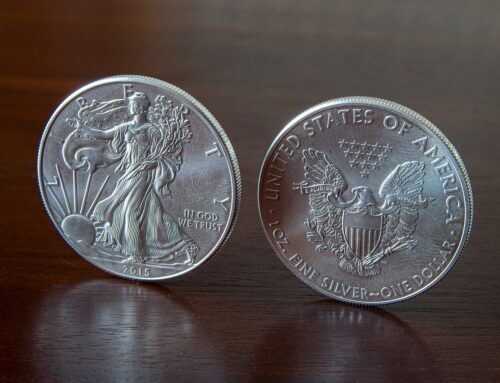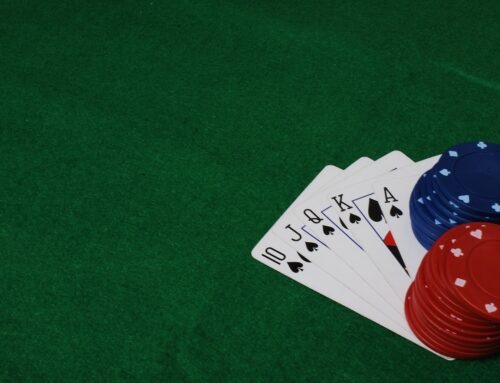Investment professionals have a surprisingly dangerous job. Different to a firefighter, yes, but still dangerous. The simple act of sitting at your desk, staring at your screens, on any normal day like today can kill you.
Perhaps it’s more accurate to say that no single day is usually life-threatening but the compounding effect of many such days can be.
When you’re faced with a challenge or disturbance, even if it is not particularly severe or acute, your body readies itself to deal with the challenge by releasing hormones like cortisol into the bloodstream. Once the resulting physical tension has been discharged through action, your hormonal balance can return to normal.
In the case of chronic noise, that set of ongoing low-level disturbances and interferences that make up a chunk of every normal day, there is usually no natural and satisfactory release of physical tension. As a result, you experience a slow accumulation of small doses of cortisol in your bloodstream.
This is a big deal that’s mostly underestimated. Each of those fires that you’re constantly having to fight can add up to a major conflagration. There is overwhelming medical evidence that prolonged exposure to cortisol leads to dysregulation of various physical systems, which can culminate in a host of serious illnesses.
When you’re exposed to elevated levels of cortisol for even a relatively short length of time you will begin to experience growing fatigue and increasing anxiety. If this is left unmanaged it can lead to insomnia and a compromised immune system, and can trigger a predisposition to heart disease, diabetes and depression.
All those minor-seeming irritations and distractions that you encounter on a daily basis, if not constructively dealt with, can shorten your biological and professional life or at least make it pretty miserable. A single shot of cortisol can save your life, but an accumulation of many small doses of that same hormone can eventually kill you.
The good news is that this set of risks can be hedged. Active management of chronic noise is a small premium to pay to hedge a potentially catastrophic outcome.
Reflections
- What are the major sources of chronic noise for you?
- How do you typically react to these events? How’s that working out?
- What might you do differently? When will you start?
References
- Justin Newdigate: Noise (2019)
- Jon Kabat-Zinn: Full Catastrophe Living (1990)







Leave A Comment